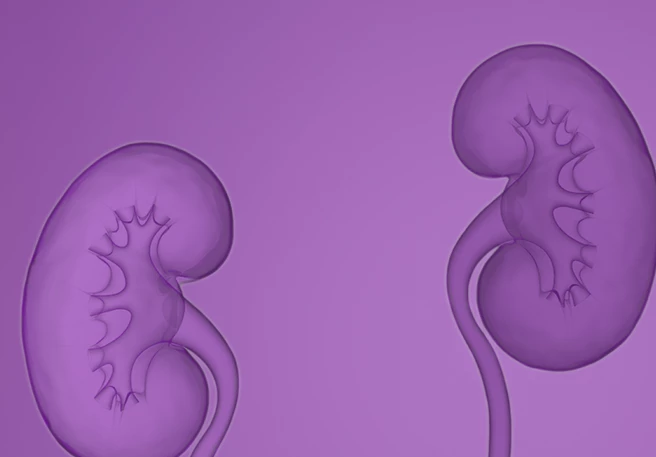
There is deterioration of the quality of life of those with IgAN
Without effective management of IgA Nephropathy, it can have negative effects on the emotional and psychosocial aspects of the life of those affected.1 In addition, the symptoms and the side effects of medication limit the capacity of IgA Nephropathy patients to participate in activities that are important to them, such as sport and social interaction.1
Moreover, the mortality rate of individuals with moderate to high grade IgA Nephropathy is higher by a factor of two. In a large-scale cohort study (N=665) that was conducted over a mean duration of 11.8 years (actual duration: 0.0-20.8 years), the IgA Nephropathy death rate among patients was found to be twice as high as that among the general population.2
The progression of IgA Nephropathy can have significant negative impacts on the future plans of those affected.
0
of those who require haemodialysis find that this has consequences for their careers or education.3
0
of all those affected find that they need to completely revise their plans for the future.3
Learn more about IgAN
References
- IgA Nephropathy Foundation of America, Inc. The Voice of the Patient: Externally Led Patient-Focused Drug Development Meeting on IgA Nephropathy, under: https://nkf.egnyte.com/dl/aHGCS6tPNM/(last accessed: February 2022).
- Knoop T et al. Mortality in patients with IgA Nephropathy. Am J Kidney Dis 2013; 62(5): 883–890.
- Dabrowska-Bender M et al. The impact on quality of life of dialysis patients with renal insufficiency. Patient Prefer Adherence 2018; 12: 577–583.









